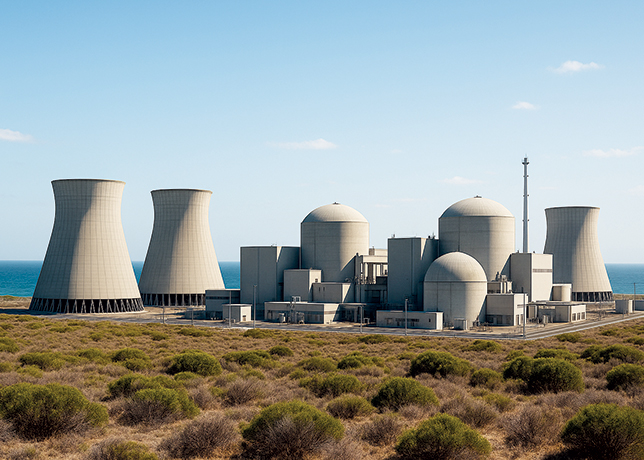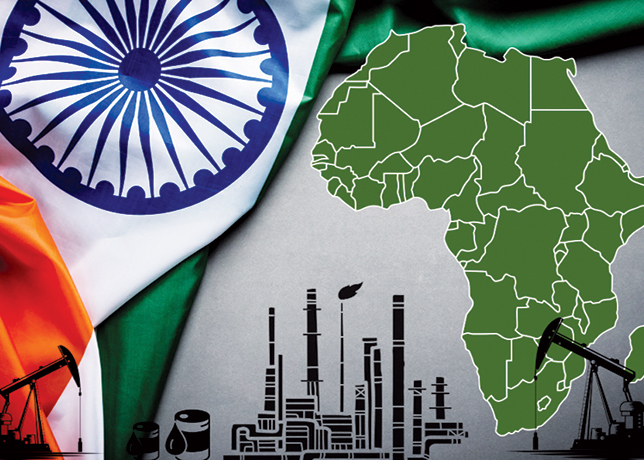
 China is expanding energy diplomacy in Africa
China is expanding energy diplomacy in Africa
China is expanding its energy diplomacy in Africa, with nuclear cooperation becoming a key strategic agenda.
South Africa's Nuclear Energy Corporation signed a Memorandum of Understanding (MoU) with the China National Nuclear Corporation (CNNC) to revive South Africa's nuclear fuel cycle, accelerate the deployment of small modular reactors, and promote collaboration on advanced fuels like high-assay low-enriched uranium.
With strong government support for nuclear power but limited domestic financing, South Africa seeks international partners to inject capital and technology while maintaining state ownership of key infrastructure.
China's ambitions in Africa's nuclear sector extend beyond South Africa. At the 2024 Forum on China-Africa Cooperation (FOCAC), China launched the China-Africa Forum on the Peaceful Use of Nuclear Technology, reinforcing its long-term goal to become Africa's premier nuclear energy partner.
Nuclear power presents a unique opportunity to address the continent's urgent energy access gap while advancing long-term sustainability.
Small modular reactors are seen as a viable solution for remote or off-grid regions due to their scalability, smaller footprint, and enhanced safety features.
Africa's nuclear energy development is concentrated in six countries – Egypt, Ghana, Kenya, Morocco, Nigeria, and South Africa. Four of these countries have recently signed nuclear cooperation agreements with China.
Nigeria entered high-level discussions on peaceful nuclear energy cooperation in September 2024, and Ghana followed suit with a deal to deploy China's Hualong One reactor.
Kenya continues to pursue its 2015 agreement to develop a 1,000 MW plant by 2034. The International Atomic Energy Agency projects a 58% increase in nuclear energy use in Africa by 2030, with a tenfold increase by 2050.










































































